In the ever-evolving world of culinary tools, the debate between cast iron vs induction pans continues to intrigue kitchen professionals worldwide. Both of these kitchen staples offer unique benefits, and understanding their differences can significantly impact your cooking experience. Whether you're a seasoned chef or a culinary enthusiast, the choice between cast iron and induction pans is pivotal. Let's dive deeper into the strengths and weaknesses of each to help you make an informed decision for your kitchen.
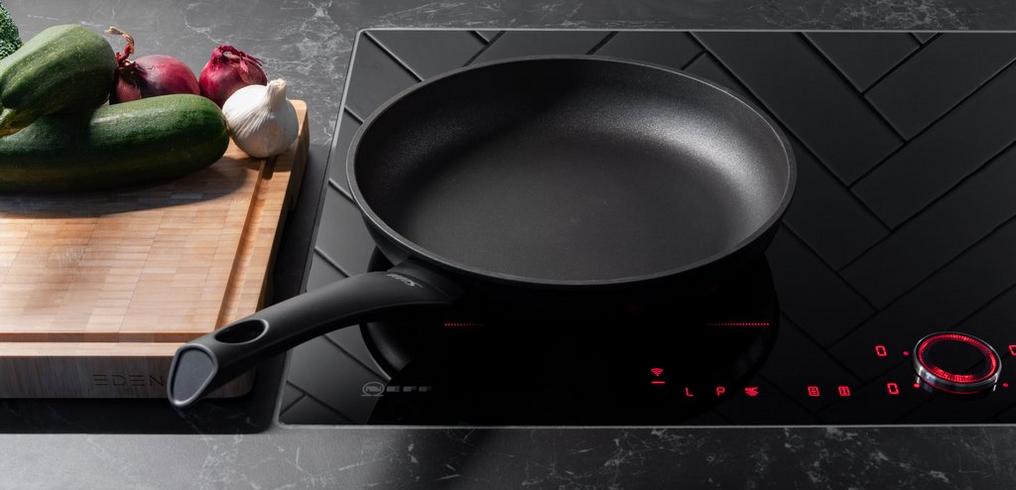
The Timeless Appeal of Cast Iron
Cast iron cookware has been a beloved kitchen companion for centuries. Known for its durability and exceptional heat retention, cast iron is perfect for a variety of cooking methods. From searing steaks to baking bread, the versatility of cast iron is unmatched. Its ability to maintain consistent temperatures makes it ideal for slow-cooked dishes that benefit from even heating.
However, using cast iron on induction cooktops can be challenging. Induction cooking relies on magnetic fields to generate heat, and not all cast iron pans are created equal in this regard. Some may heat unevenly or lose heat quickly when used on induction surfaces. To explore more about this issue, check out our article on cast iron losing heat on induction.
The Modern Efficiency of Induction Pans
Induction pans, specifically designed for induction cooktops, offer a modern approach to cooking. These pans usually feature a magnetic base that allows for rapid and even heating. This efficiency not only saves time but also energy, making induction pans a favorite among eco-conscious cooks.
One of the significant advantages of induction pans is their ability to maintain precise temperature control. This feature is particularly beneficial for delicate dishes that require careful heat management. However, the downside is that induction pans often come with a higher price tag compared to traditional cookware. For those curious about the intricacies of how induction cooktops work, this resource provides a comprehensive overview.
Comparing Heat Distribution and Retention
When evaluating cast iron vs induction pans, one of the critical factors to consider is heat distribution and retention. Cast iron excels in retaining heat, making it ideal for tasks that require steady, long-term cooking. However, its heat distribution can be uneven, leading to cold spots, especially on induction surfaces. To learn more about this phenomenon, visit our page on cold spots in cast iron.
Induction pans, on the other hand, are designed to distribute heat evenly across the cooking surface. This feature ensures that food is cooked uniformly, reducing the risk of burning or undercooking certain areas. The magnetic properties of induction pans make them highly responsive to temperature changes, allowing for precise culinary control.
Durability and Maintenance: What to Expect
Another essential aspect to consider is the durability and maintenance required for each type of pan. Cast iron is renowned for its robustness and can last a lifetime with proper care. However, it requires regular seasoning to maintain its non-stick properties and prevent rusting. This maintenance routine can be a deterrent for some cooks who prefer low-maintenance options.
Induction pans, typically made from stainless steel or non-stick materials, offer easier maintenance. They do not require seasoning and are generally dishwasher safe. However, they may not withstand the same level of wear and tear as cast iron, and their non-stick coating can degrade over time.
Making the Right Choice
Ultimately, the choice between cast iron vs induction pans depends on your specific cooking needs and preferences. If you value tradition and are willing to invest time in maintenance, cast iron could be your ideal choice. Conversely, if you prioritize efficiency and ease of use, induction pans might be the better option.
For a more in-depth comparison on cookware performance, you might be interested in our discussion on cast iron vs aluminum on induction.
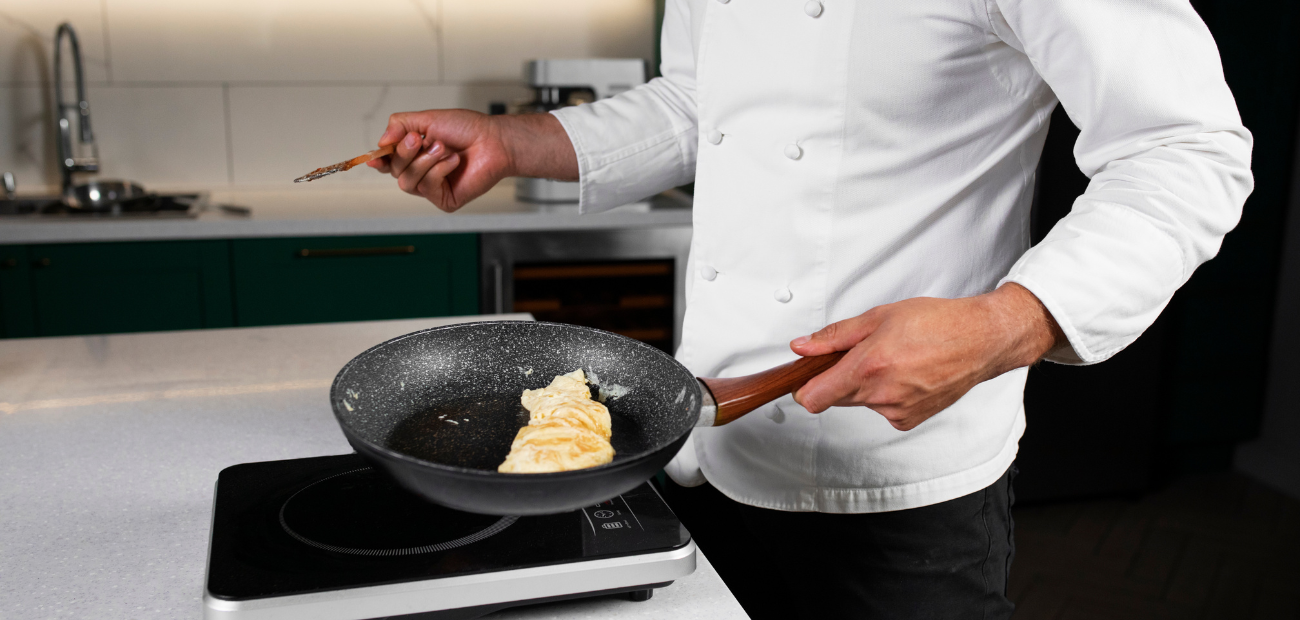
FAQs
1. Can cast iron pans be used on all induction cooktops?
Most cast iron pans are compatible with induction cooktops. However, the pan must have a flat base to ensure proper contact with the cooktop surface.
2. Do induction pans require special care?
Induction pans are generally low-maintenance and do not require special care beyond standard cleaning practices. However, it's important to avoid using metal utensils on non-stick induction pans to prevent scratching.
3. Is cast iron better for high-heat cooking?
Yes, cast iron is excellent for high-heat cooking due to its ability to withstand and retain high temperatures. This makes it ideal for searing meats and achieving a perfect crust.

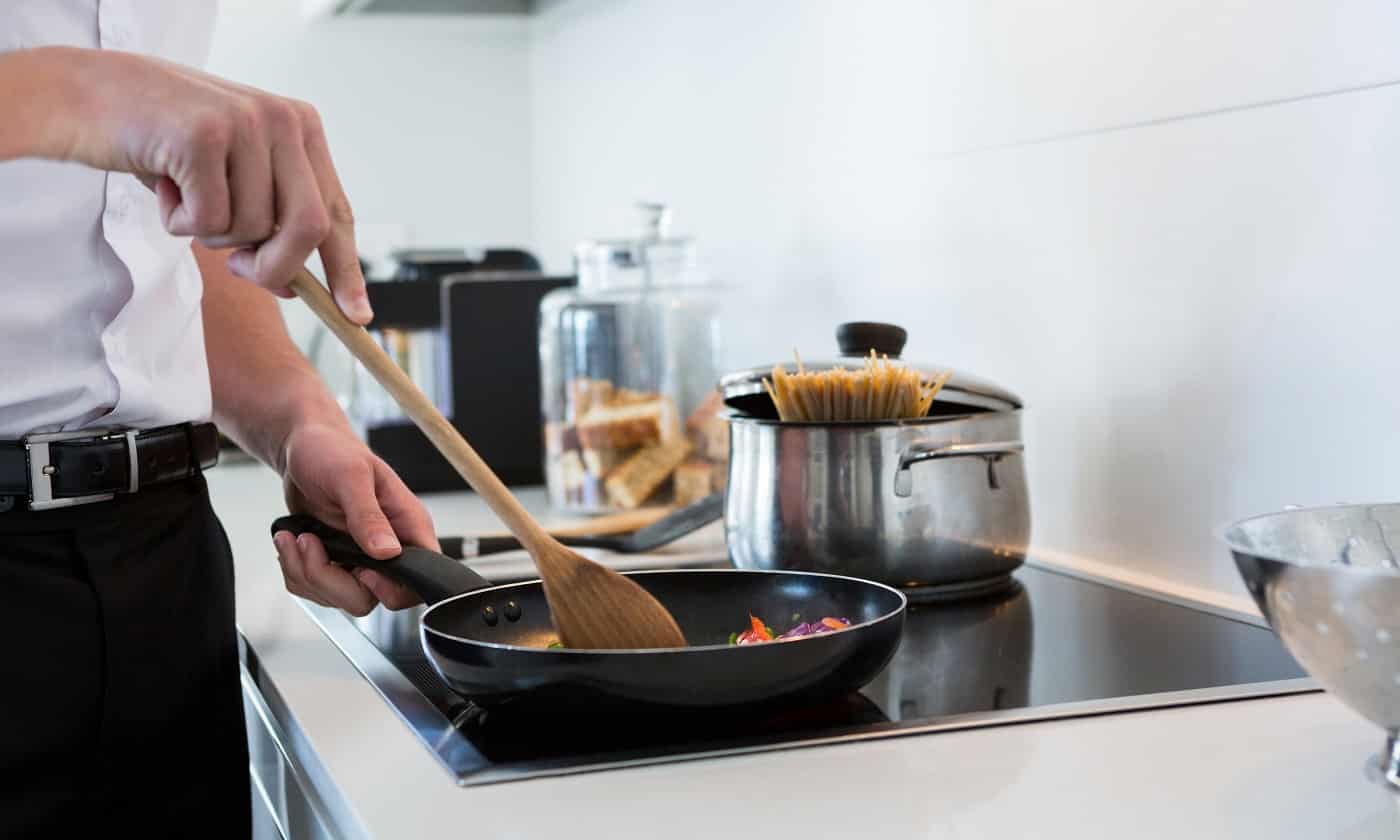


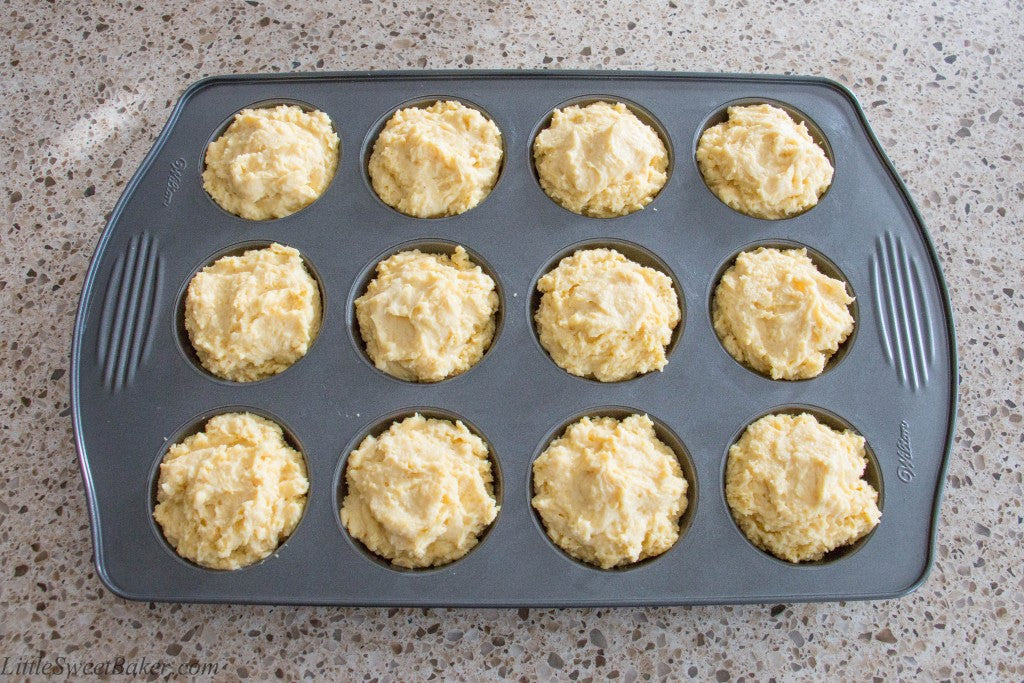
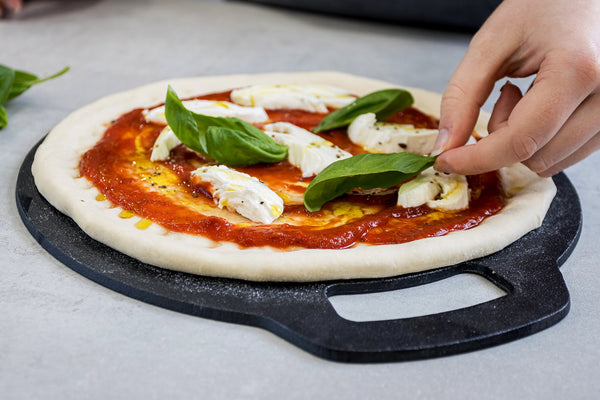
Leave a comment
This site is protected by hCaptcha and the hCaptcha Privacy Policy and Terms of Service apply.